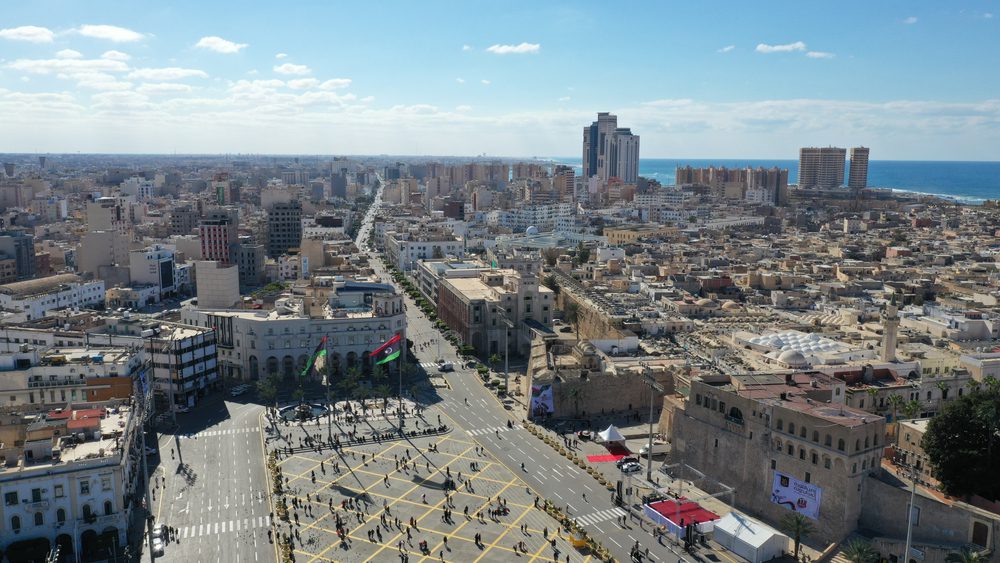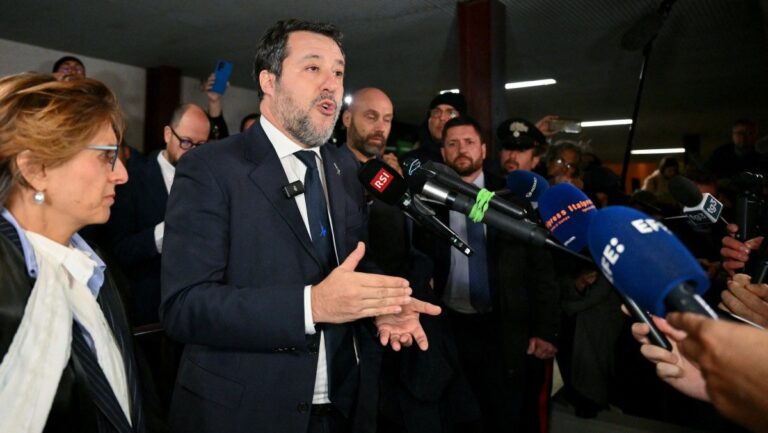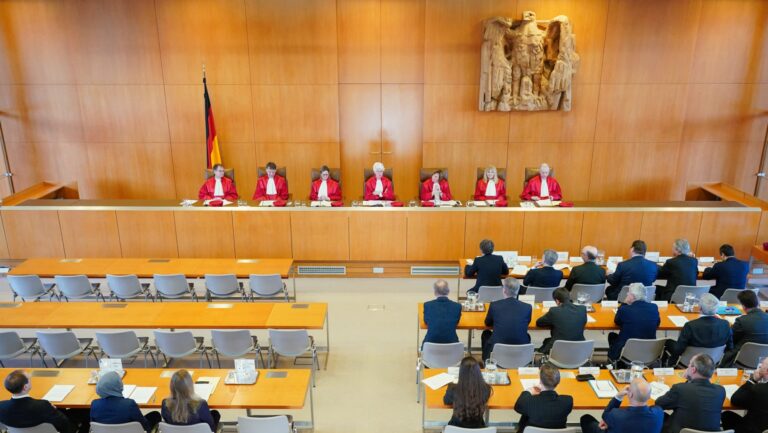After a violent uprising, the death of dictator Muamar Gaddafi, and a disastrous civil war, the Tripoli-based Government of National Accord (GNA) and Tobruk-based Libyan National Army (LNA) agreed to form a unity government under the auspices of the UN, with a view to elections on December 24th, 2021. However, the head of the electoral commission would dissolve all electoral committees days before the first round of voting was set to take place.
This was partly on account of a law passed by parliament speaker Aguila Saleh, according to which there would be two rounds of voting. But opponents argued it had been ratified without proper parliamentary approval. Critics pointed out that having two rounds of votes would lead to the winner having a larger majority after the second round, rather than having to form alliances from a weaker position after a single round of voting. More radical figures began presenting themselves to the elections, raising fears that the result would be an undisputed victory for one of Libya’s less moderate factions. The election was aborted.
Now, a parliamentary committee tasked with determining how best to proceed has suggested that interim Prime Minister Abdulhamid Dbeibah step down. Saleh declared that, technically, the Prime Minister’s mandate expired with the December election date, even though no election was held. The parliament, elected in 2014, consists mainly of supporters of the Tobruk-based LNA, leading some to see its decision as an attempt to sideline UN-backed figures who align with the GNA. For its part, the committee is arguing for a nine-month preparatory period in which to ready the country for elections, ensuring these are free of fraud, with an immediate vote to select a new prime minister proposed for next week.





